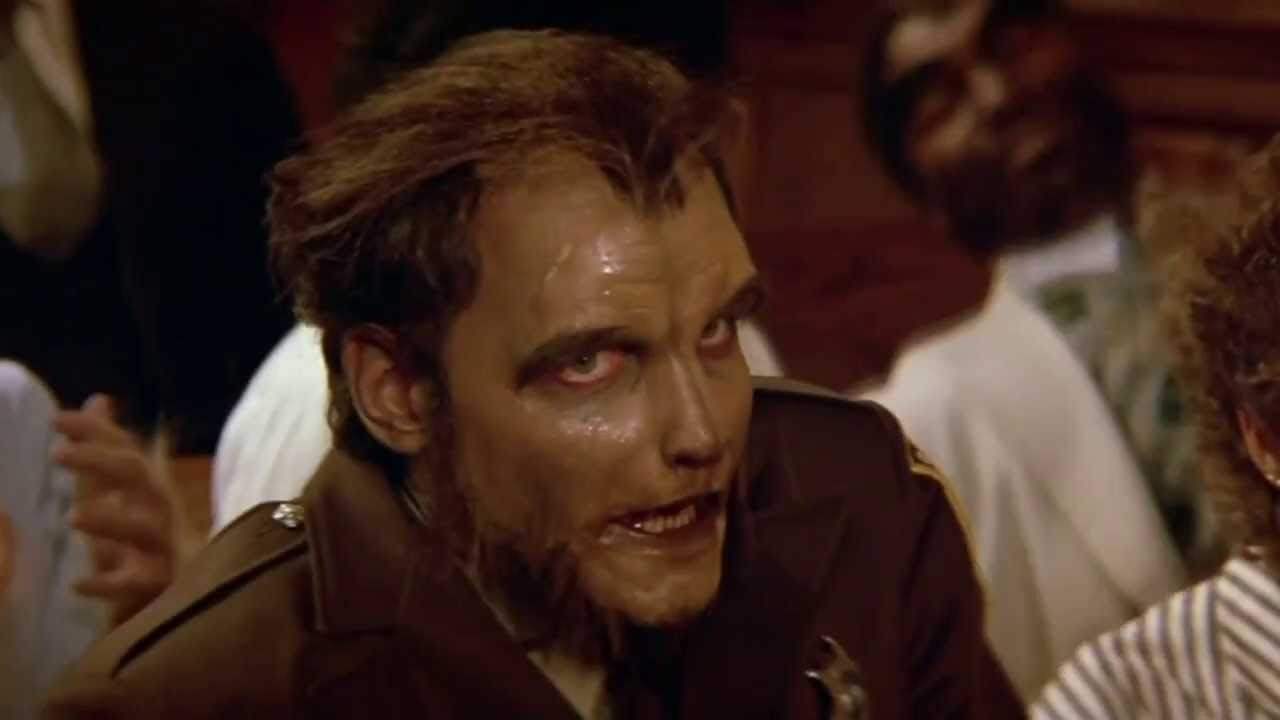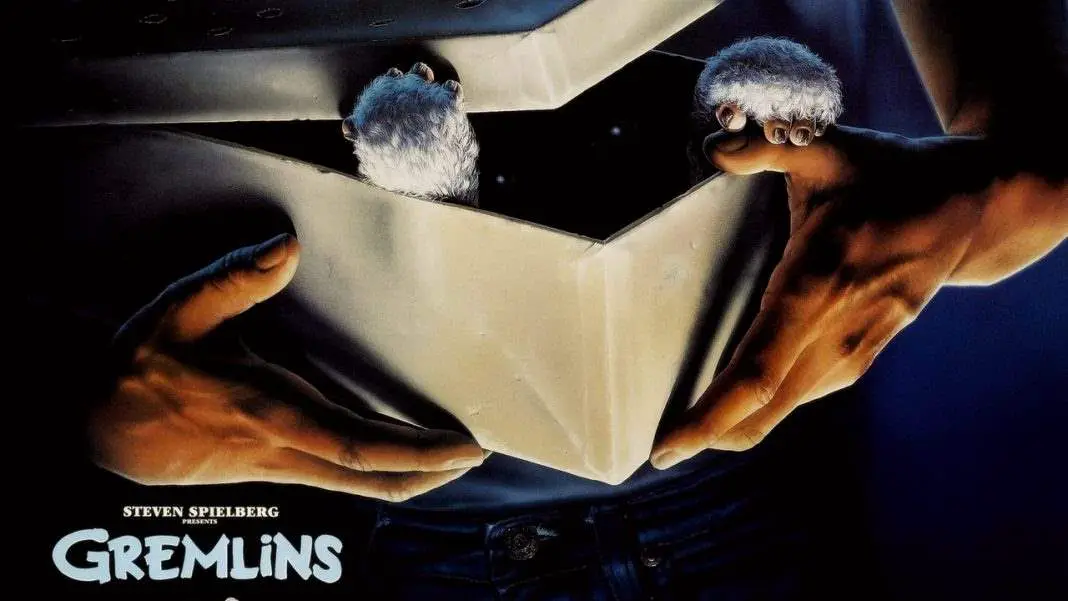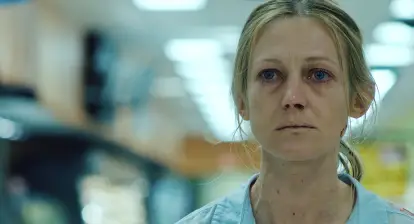People are very quick to complain about the current state of horror. Nothing’s scary anymore, everything’s found footage, a glorified torture flick, or a remake. I get it. Theatrical horror drove itself into a corner where it began to thrive on oversaturation. If one concept was successful, that’s what was going to be financed and marketed over the next couple of years. It didn’t mean that great movies weren’t getting made, only that some of them weren’t getting proper exposure.
Because of that, it became harder and harder for horror films to really stick with a wide audience. To do that, a movie had to have the perfect blend of exposure and excellent quality, which is not that easy to pull off.
Did You Know? Wicked Horror TV Has Classic and Independent Horror Films Available to Stream for Free!
On one hand, it really is absurd how people so immediately complained about how there were no new classics being produced in the 2000s while we were still in that decade. For a film to earn the title of a classic takes time. It takes a while to see if something that is loved when first released is going to stick in the public consciousness. Even now, it’s hard to know for sure.
And even when something has been embraced and forwarded the genre to the point where it can be called a classic, that doesn’t mean it’s universally liked. Nothing is. There are people who hate The Exorcist, Halloween, Alien, The Texas Chain Saw Massacre, and every other film that immediately comes to mind when we think of the classics. But that does nothing to change their status. Below are a series of films released in the new millennium that we at Wicked Horror consider to be contemporary classics.
Let the Right One In
If there’s any foreign language horror film that’s really captivated American audiences in recent years, it’s Let the Right One In. I know people who hate reading subtitles but were convinced to watch this movie and came out loving it. Even after an English language remake, this one only seems to grow in popularity, which is a pretty good sign that it will stand the test of time.
 Trick ‘r Treat
Trick ‘r Treat
Michael Dougherty’s Trick ‘r Treat is a love letter to a holiday embraced by all horror fans and also one of the most heartfelt horrors of recent years. Yet, for how screwed over it got being released straight-to-video, it almost doesn’t matter. It reached its audience anyway. The way people embraced Trick ‘r Treat allowed Dougherty’s even riskier Krampus to score a theatrical release. Trick ‘r Treat is quite literally the most beloved film about Halloween since Halloween.
 The Devil’s Rejects
The Devil’s Rejects
Whatever people might say about Rob Zombie—and these days, they say a lot—his second feature was a major hit. It won over critics and horror fans alike. And while it is a very disturbing movie, it has a point. There’s something to it, and I’d like to believe that was intentional on the Zombie’s part. Zombie makes the kinds of films he wants to make. He’s made a lot of movies for various tastes, but with The Devil’s Rejects, he made a film with wide appeal that people are still talking about.
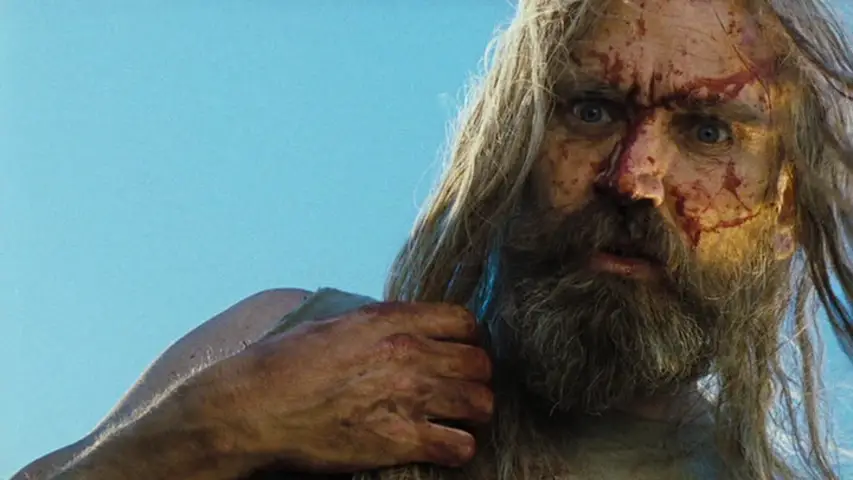 Saw
Saw
When future generations talk about our generation’s classics, they’ll talk about Saw and say “Now, I’m only talking about the first one here…” the same way we do with A Nightmare on Elm Street or Friday the 13th. Saw is a great, small-scale thriller that has gone on to be defined by its sequels. That alone might be proof of its classic status, as it has met the same fate met by nearly all classics that have launched their own franchise.
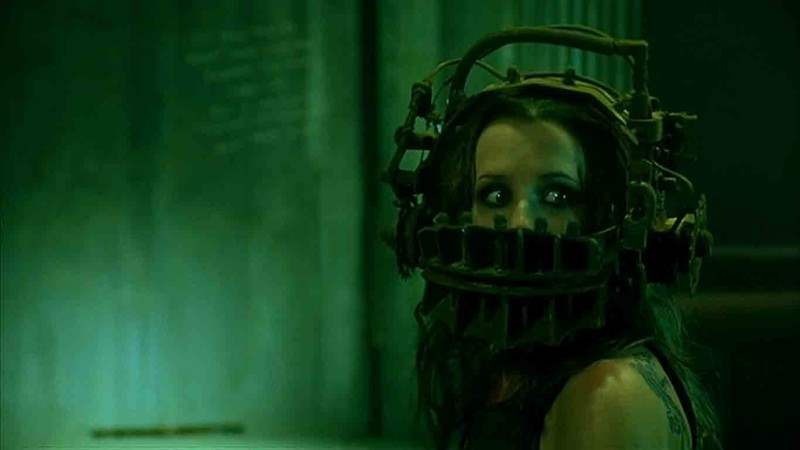 The Descent
The Descent
Neil Mashall’s The Descent is all-around excellent. The horror works on multiple levels. First, you have the extreme claustrophobia of the setting. Then, you have the friendship between these women that begins to crumble as fear sets in. And then, on top of everything else, you have the actual monsters. The Descent is a horror movie before the creatures even show up. That’s what makes it work so well and that’s why it’s already cemented itself as a classic.
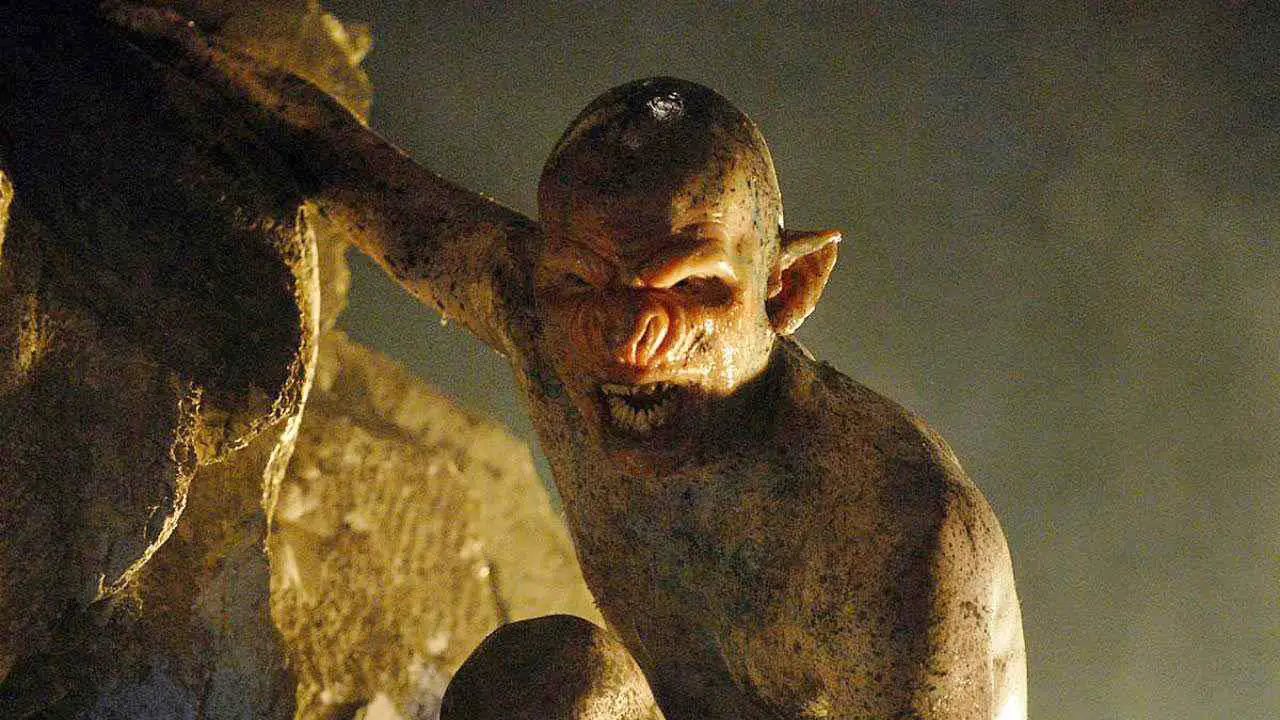 American Psycho
American Psycho
American Psycho is more frequently brought up in conversation than classic horror movies that are twenty, thirty years older than it. Horror or not, it’s one of the most seminal films in recent memory. Only fitting, then, that it was one of the very first horrors of the new millennium. Christian Bale’s performance as Patrick Bateman is dead on perfect, but it’s also a stylistic achievement that makes a very visceral statement on materialism, all thanks to director Mary Harron.
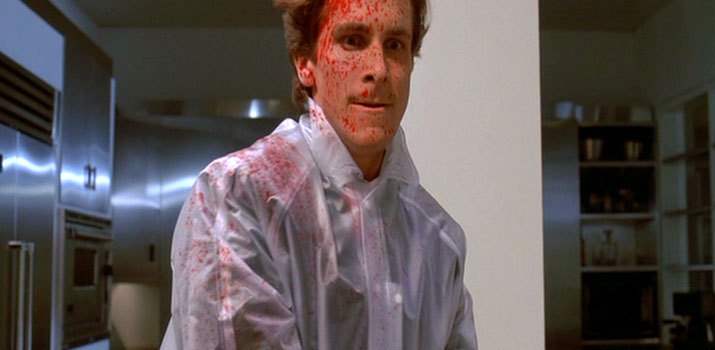 Ginger Snaps
Ginger Snaps
Ginger Snaps was not made for much and didn’t get much of a release, but fans latched onto it immediately. By the time I saw it, probably five or six years after its release, it was already a cult classic. Now, it’s a full-blown classic. A seminal werewolf movie that holds its own even beside the heavyweight likes of The Howling and An American Werewolf in London.
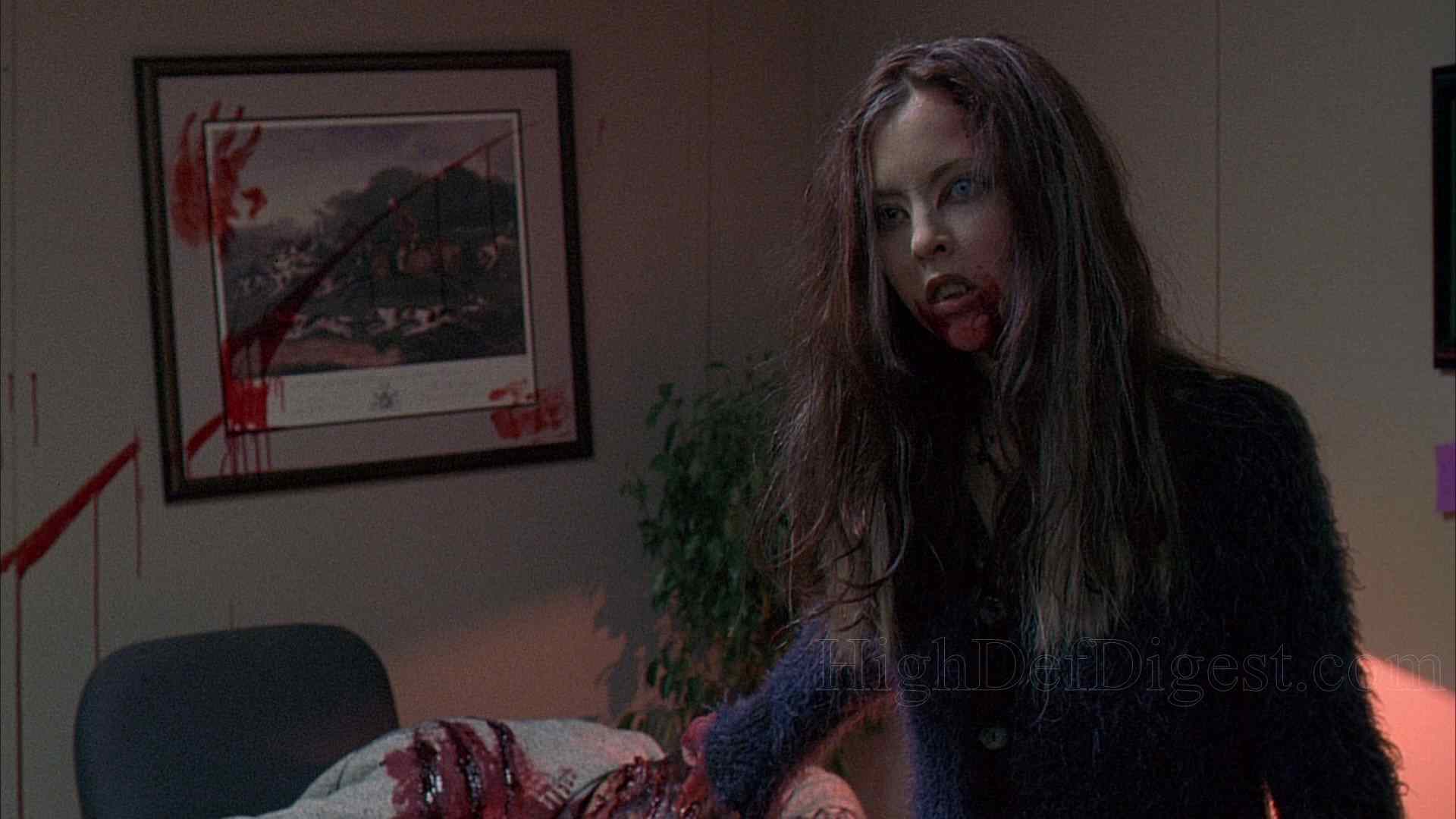 28 Days Later
28 Days Later
While people might be extremely quick to loudly and violently point out that 28 Days Later is not a proper zombie film because the infected people aren’t dead, it is solely responsible for the oversaturation of zombie film and television we’ve been dealing with in recent years. Its success allowed for the success of the Dawn of the Dead remake, the relevancy of a satire like Shaun of the Dead, and for the late George Romero to get back in the game and get funding for Land of the Dead. And, of course, all of this led to The Walking Dead and the cultural phenomenon that became. But it all started with this one little British movie made for virtually nothing, launching the careers of major stars like Cillian Murphy and Naomi Harris, as well as one of the most acclaimed directors working today, Danny Boyle.





